Description
Molecular Sieves: Tiny Giants in the Battle Against Moisture
In industries ranging from pharmaceuticals to petrochemicals, and even in everyday applications like drying compressed air, moisture control is paramount. Excess moisture can lead to corrosion, product spoilage, reduced efficiency, and even system failures. Among the arsenal of desiccants available, molecular sieves stand out as powerful and versatile tools for targeted moisture adsorption.
What exactly are molecular sieves, and why are they so effective at capturing water molecules?
Understanding the Molecular Sieve:
Molecular sieves are crystalline aluminosilicates, essentially complex structures of aluminum, silicon, and oxygen atoms arranged in a specific, repeating pattern. This arrangement creates a network of interconnected pores and cavities of uniform and precisely defined sizes. Think of them as tiny, highly organized sponges with exceptionally small and consistent holes.
The “molecular” aspect comes into play because these pore sizes are on the same scale as molecules, typically ranging from 3 to 10 Angstroms (0.3 to 1 nanometers). By carefully controlling the synthesis process, manufacturers can create sieves with specific pore sizes, allowing them to selectively adsorb molecules that are small enough to fit into the pores while excluding larger ones.
The Secret to Moisture Adsorption:
The key to a molecular sieve’s effectiveness as a desiccant lies in its ability to selectively trap water molecules. Water molecules, being relatively small, can easily enter the pores. Once inside, they are strongly attracted to the internal surface of the sieve due to electrostatic interactions with the charged aluminum and oxygen atoms. This strong affinity for water makes molecular sieves extremely efficient at lowering humidity and drying various streams.
Advantages of Molecular Sieves for Moisture Removal:
Compared to other desiccants like silica gel or activated alumina, molecular sieves offer several significant advantages for moisture adsorption:
- High Adsorption Capacity: Molecular sieves can adsorb a significant amount of water relative to their weight, often exceeding that of other desiccants, especially at low humidity levels.
- Selective Adsorption: The precise pore size allows molecular sieves to selectively adsorb water molecules while excluding larger molecules, such as hydrocarbons, thereby ensuring product purity.
- Regeneration Capability: Molecular sieves can be regenerated by heating them to a specific temperature, driving off the adsorbed water. This process allows for repeated use and reduces waste.
- Adsorption at High Temperatures: Unlike some desiccants, molecular sieves can maintain their adsorption capacity at relatively high temperatures, making them suitable for demanding industrial processes.
- Deep Drying: Molecular sieves are capable of achieving extremely low dew points, making them ideal for applications requiring exceptionally dry conditions.
Applications Across Industries:
The unique properties of molecular sieves have led to their widespread adoption across numerous industries:
- Petrochemical Industry: Used for drying natural gas, removing water from liquid hydrocarbons, and separating various hydrocarbons based on size.
- Pharmaceutical Industry: Essential for drying solvents, purifying gases used in manufacturing, and protecting moisture-sensitive drugs.
- Air Separation: Employed in the production of oxygen, nitrogen, and argon by separating air components based on molecular size.
- Cryogenics: Used to remove moisture from cryogenic fluids, preventing ice formation and ensuring efficient operation.
- Electronics: Critical for drying gases used in semiconductor manufacturing and protecting sensitive electronic components from moisture damage.
- HVAC (Heating, Ventilation, and Air Conditioning): Finding applications in refrigerant drying and desiccant cooling systems.
- Packaging: Included in packaging materials to absorb moisture and extend the shelf life of products like pharmaceuticals, electronics, and food.
Choosing the Right Molecular Sieve:
Selecting the appropriate molecular sieve for a specific application depends on several factors, including the:
- Type of Material Being Dried: Different materials require different levels of dryness and may contain other contaminants that need to be considered.
- Operating Conditions: Temperature, pressure, and flow rate all influence the performance of a molecular sieve.
- Desired Purity: The selectivity of the sieve is crucial to ensure that only water is adsorbed, and other valuable components are not lost.
Conclusion:
Molecular sieves represent a powerful and versatile solution for moisture control across a wide range of applications. Their unique ability to selectively adsorb water molecules, coupled with their high adsorption capacity and regeneration capability, makes them an indispensable tool for ensuring product quality, process efficiency, and system reliability. As industries continue to demand tighter control over moisture levels, molecular sieves will undoubtedly remain at the forefront of desiccant technology.

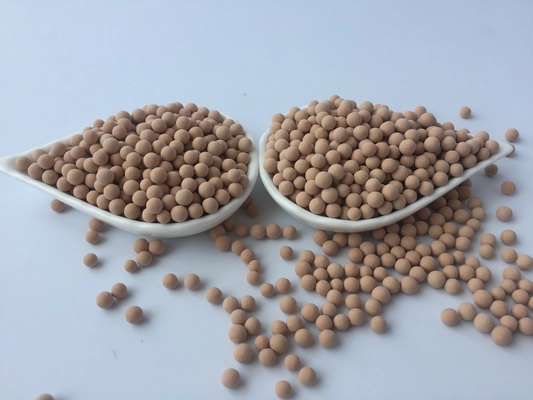
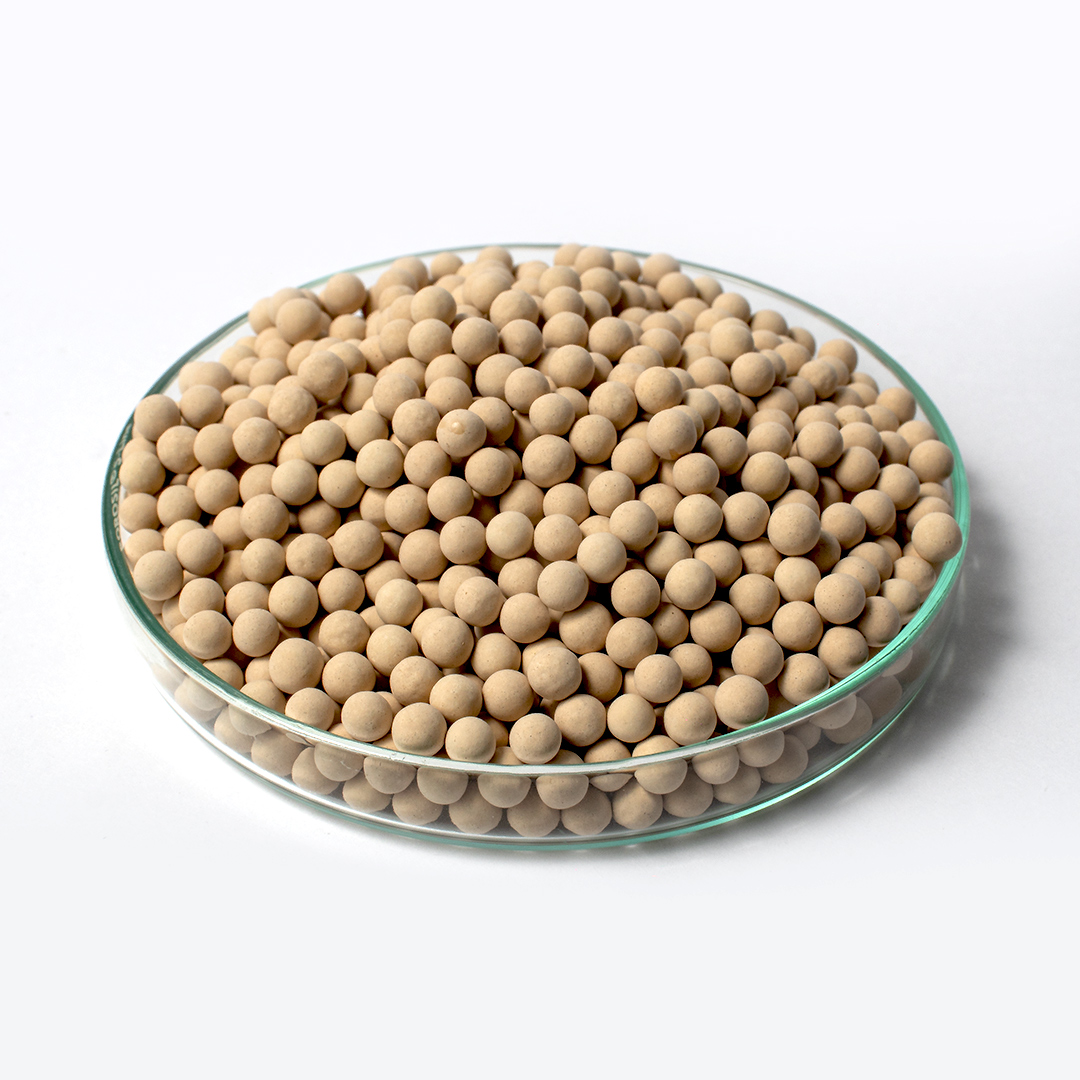
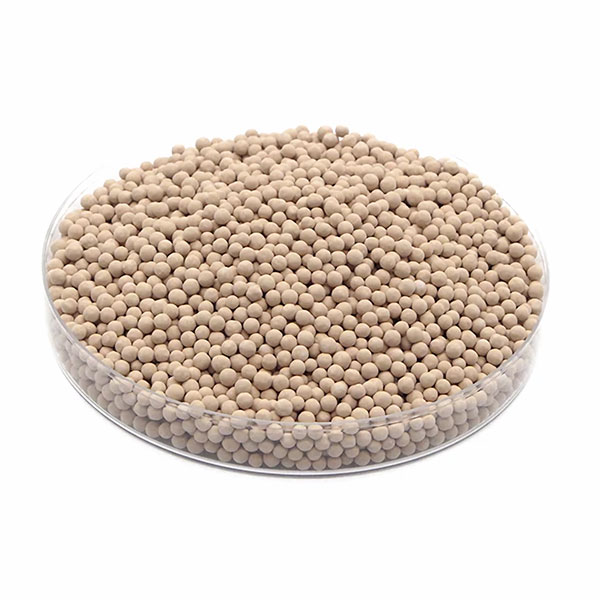
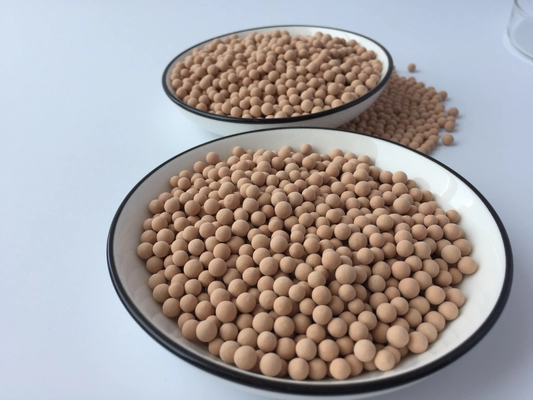
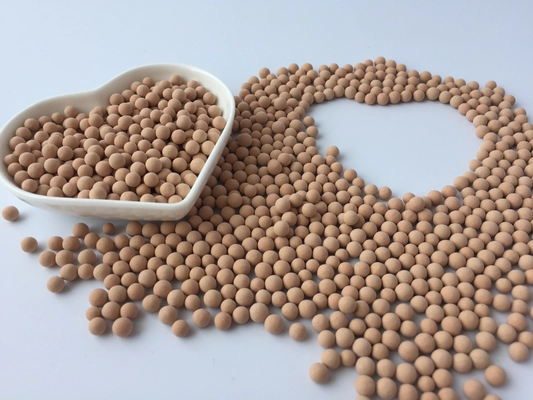




Reviews
There are no reviews yet.